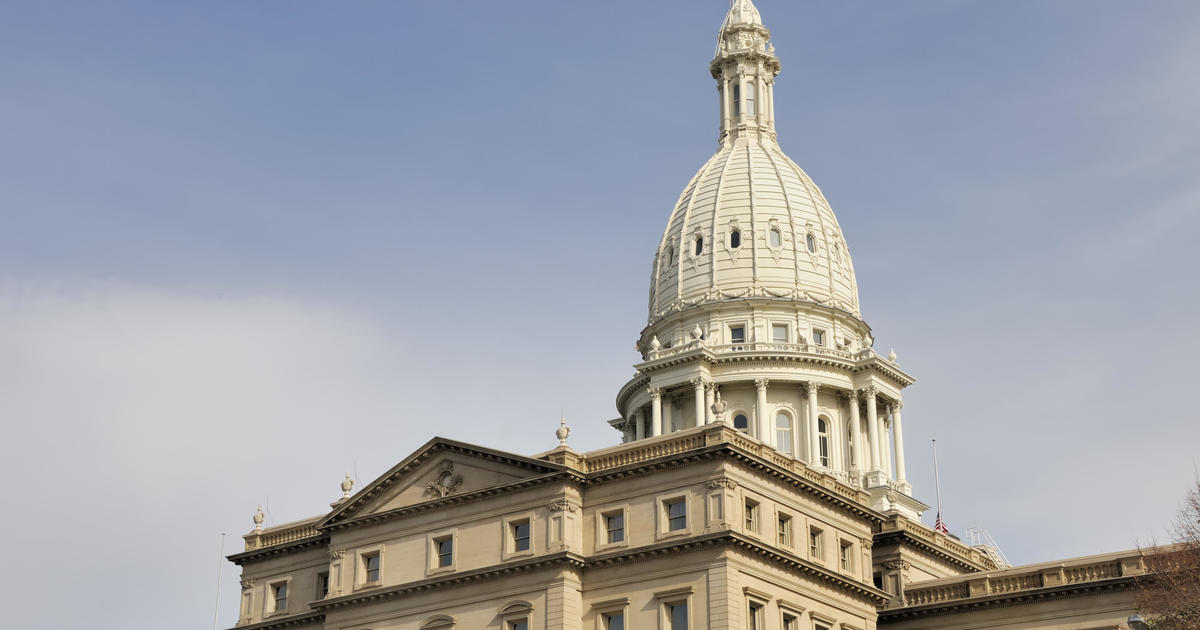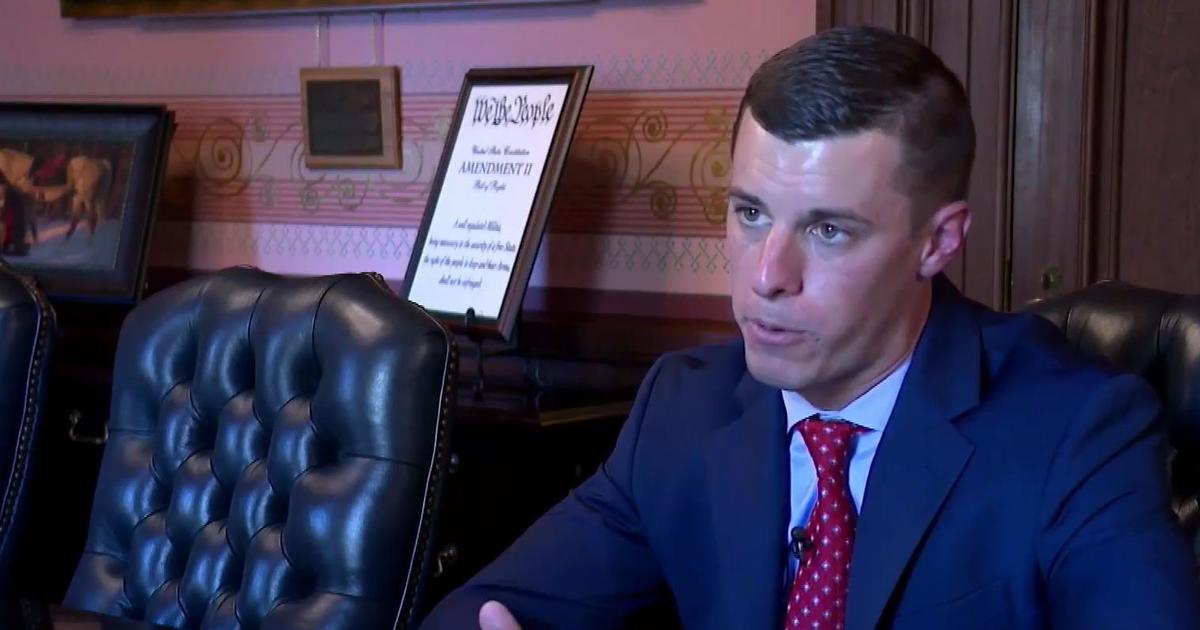Michigan House Approves $55.8 Billion Budget With A Boost For School Funding
LANSING, Mich. (AP) — Base funding would increase by $100 per student under a $55.8 billion budget plan approved Tuesday by a divided Michigan House, which also voted to give schools significantly more money to teach low-income kids as requested by Gov. Rick Snyder.
The minimum grant would rise to $7,611, or 1.3 percent, next school year. The basic level would jump to $8,329, or 1.2 percent. Snyder instead has proposed a $100 boost for the lower-funded schools and a $50 increase for the higher-funded ones — sticking with a formula used in the previous two years to reduce the gap in funding across districts.
The Republican-controlled House approved the education and general budgets on 60-47 votes, over Democrats' objections that the majority too often cut or changed increased spending proposed by the Republican governor. Once GOP senators OK their own plan this week and revised tax revenue estimates are released in mid-May, legislative leaders and Snyder hope to finalize the next budget by early June.
While Republicans largely are in line with Snyder on overall education funding levels, they have differences over how to spend it. They also are at odds with him over general spending. The House plan would spend $272 million less in general funds than Snyder's proposal. That would potentially make room for a tax cut or to pay upfront transition costs to close the pension system to newly hired teachers.
The House voted to trim or reject proposed increases for infrastructure, a lead-in-water prevention program called for in the wake of Flint's crisis, environmental cleanup and meals delivered to seniors' homes.
"In most cases, while we do not fully agree with the executive, this budget cuts very few programs and provides increases to many," said Rep. Ed Canfield, a Sebewaing Republican. The House GOP said state spending would grow less than inflation and touted a larger revenue-sharing increase for local governments, a large deposit into savings and money to train new state troopers.
But House Minority Leader Sam Singh, an East Lansing Democrat, accused the GOP of creating an "artificial crisis" by holding back hundreds of millions in spending "instead of actually putting those dollars where people want them — in environmental protection, in the health and human services, into our local communities and into our roads."
The House rejected Snyder's call for an extra $50 in funding for each high school student and set aside more in funding for at-risk pupils — less than Snyder but still a 34 percent increase.
Overall spending on pre-K through 12 education would increase 1 percent in the fiscal year that starts in October, which drew criticism from Democrats along with at least one Republican who reluctantly voted for it.
"Schools deserve better than a 1.3 percent in the foundation grant," said Rep. Dave Pagel of Berrien Springs, who decried the continued transfer of school aid money to the general fund. But Rep. Tim Kelly, Saginaw Township Republican who crafted the legislation, said "record amounts" would be spent on K-12 education and what was passed will not be the final version after further negotiations.
Michigan's 15 public universities overall would see 1.9 percent more in a $1.6 billion higher education budget, with increases varying by schools, as long as tuition and fee hikes are capped at 3.8 percent. Democrats noted that five universities would still receive less than they did seven years ago and said K-12 districts would fare worse under the House proposal than under Snyder's. They also criticized how cyber schools would be funded the same as traditional schools.
The Senate wants to boost per-pupil funding by between $88 and $176 by spending $100 million less than Snyder proposed to reimburse districts for their retirement costs.
House Speaker Tom Leonard and Senate Majority Leader Arlan Meekhof have both said a priority is to exclude newly hired teachers from being eligible for a pension to address long-term debt — a move that has been opposed by Snyder previously due to large up-front costs of such a switch. New teachers instead would qualify for a 401(k) plan.



